The bulky folder of documents recently sent to the daily newspaper Magyar Nemzet from an unknown e-mail address contains plenty of interesting information even beyond the “admission” of the former director of the Soros Foundations. A veritable gem is, for instance, a Skype interview with left-wing journalist Mátyás Kálmán in which the former contributor of the news portals 24.hu and Index said, that during their work they receive thorough instructions about whom they are allowed to talk to, and also spoke about how they depend on NGOs.
Various NGOs (non-governmental organisations) manipulate or even mislead journalists reporting about Hungary, who then describe events taking place in Hungary in a rather distorted light, the Skype interview conducted with Mátyás Kálmán reveals. In the recording that came into our newspaper’s possession, the former contributor of the news portals 24.hu and Index told his unidentified interviewer the following:
There is no way of knowing whether (the given journalist) received an invitation to a nice hotel, and how much he or she was offered to write the story that they want to hear about in the media, Mr Kálmán said.
He also mentioned a personal experience of his own: he was invited to Brussels and Strasbourg to report on specific events. In situations like this, journalists are effectively instructed where to go and whom to talk to. When a journalist is in a foreign country, they need an organiser that they can trust in order to put them into contact with the best sources and experts, he stated.
According to the video journalist, it is not healthy that members of the press are dependent on NGOs to such an extent, and he took the view that under the circumstances it is difficult to provide transparent reporting. “If a journalist relies on an NGO for everything, they become entirely independent on that organisation, and that is not a desirable outcome. If there is a major international event, say a refugee crisis, which attracts many journalists, they are evidently not invited to the scene by NGOs, but are sent there to cover the story. However, once they’re there, their options regarding whom to rely on for information during their limited stay are rather restricted, Mr Kálmán highlighted.
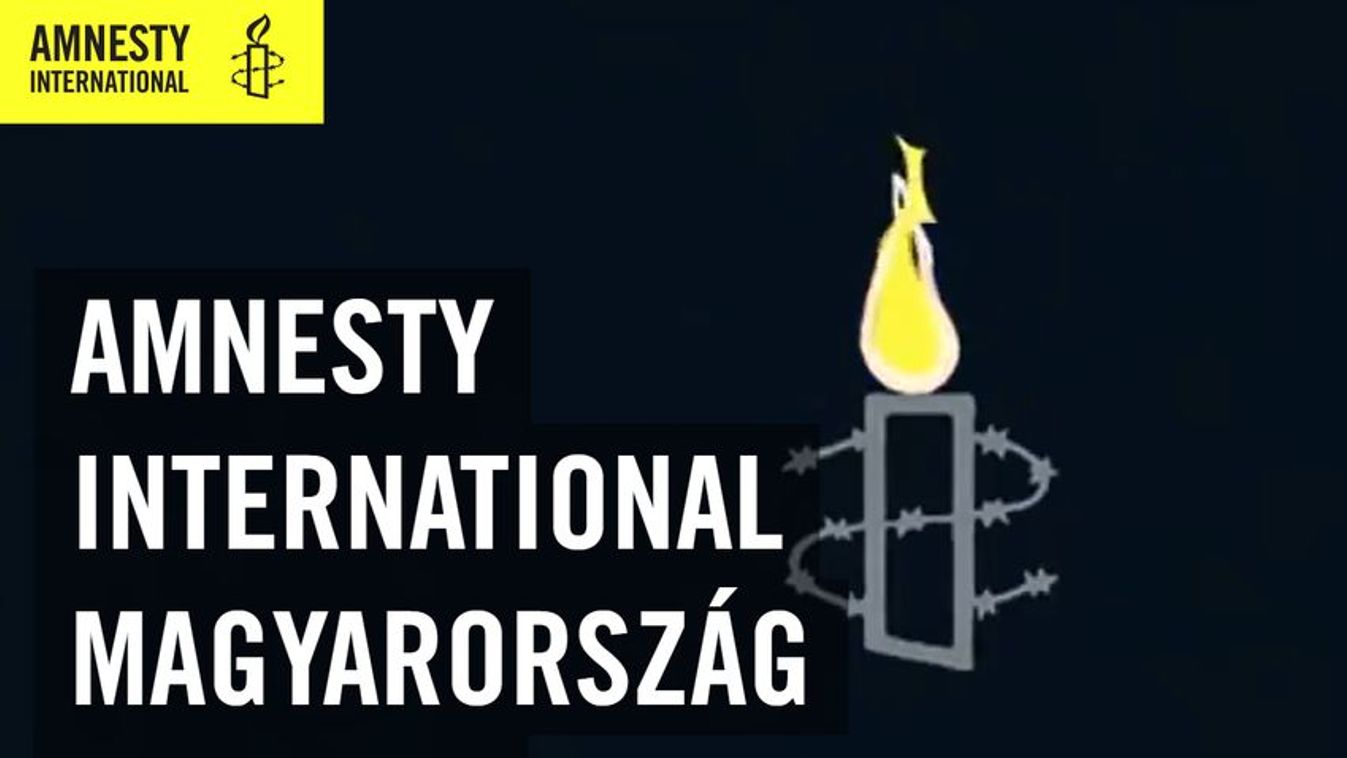

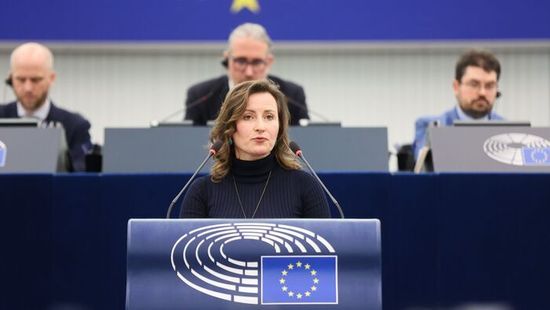
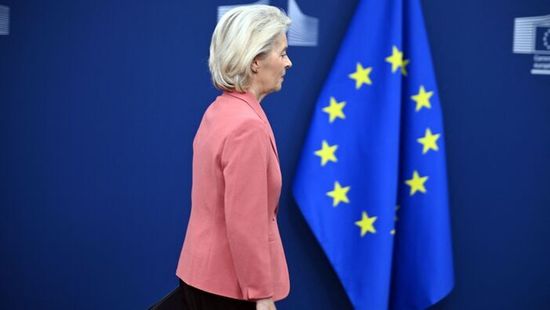
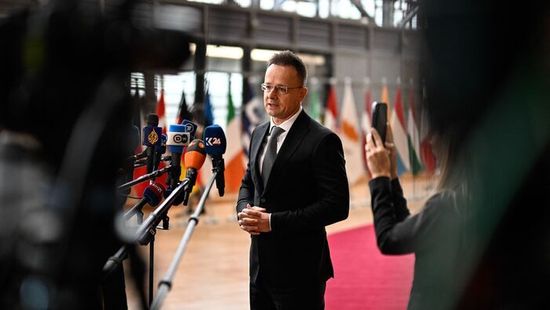






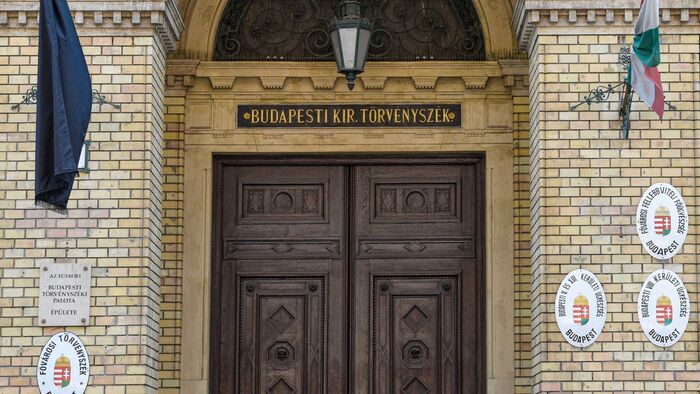


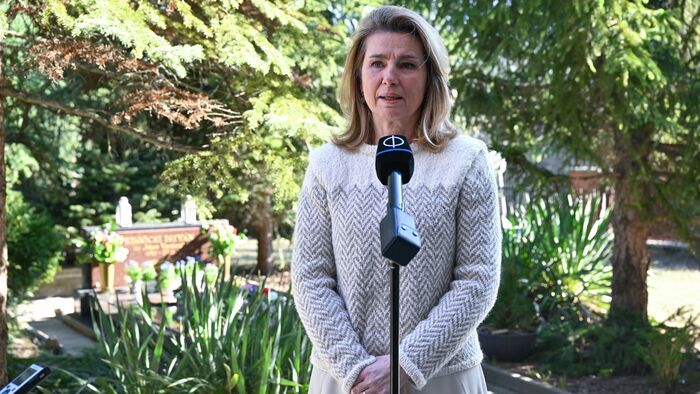






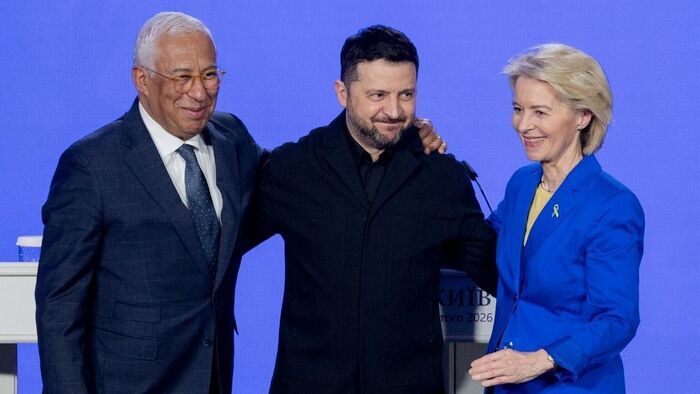

Szóljon hozzá!
Jelenleg csak a hozzászólások egy kis részét látja. Hozzászóláshoz és a további kommentek megtekintéséhez lépjen be, vagy regisztráljon!